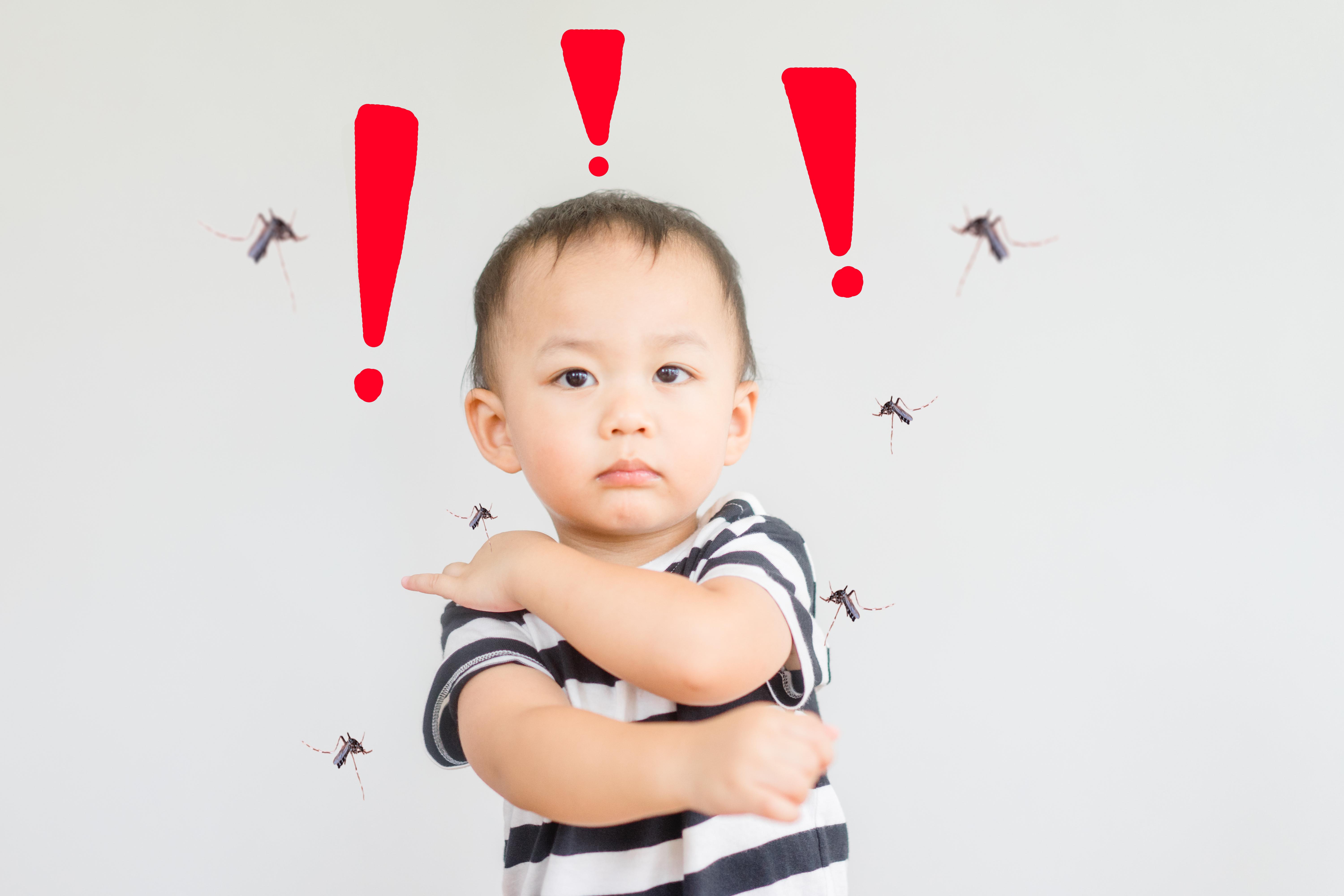Dengue Fever

What is dengue fever?
Dengue fever is an acute mosquito-borne viral infection. It is currently regarded as the most important mosquito-borne disease internationally. In its classic form, Dengue is a flu-like disease, though more severe. It is caused by a virus that is transmitted by the female Aedes aegypti mosquito and, to a lesser extent, its cousin Aedes albopictus. This mosquito also transmits chikungunya, yellow fever, and the Zika virus. At one time, dengue was considered an uncommon and relatively benign disease. In recent decades, however, that picture has changed dramatically. Today, epidemics of dengue are more frequent and virulent—even potentially fatal—and they affect larger numbers of people than ever.
What's the risk of me catching Dengue Fever in vietnam?
Dengue occurs year-round in Vietnam, however, as Dengue epidemics tend to be seasonal (with peak transmissions times occurring during warmer the rainy season), with Vietnam's coast covering more than 3,000 kilometres travellers intending to explore the length and breadth of the country during their vacation will most likely experience a rainy season somewhere along the way. For central Vietnam and Hoi An the warm monsoon months from June/July through December pose the greatest risk. Before setting out, check the I Am At Web site (www.iamat.org) for specifics on your destination.
On the whole, the risk of catching dengue while travelling in Vietnam is fairly low if you take all the correct precautions. Your risk, of course, depends on where you're going and how. Are you paddling up the Mekong Delta in a canoe or relaxing in a Four Seasons villa?
What preventative measures should I be taking?
For prevention, travellers should take meticulous measures to prevent mosquito bites during the daytime (the Dengue mosquito feeds from dawn to dusk).
The measures to follow:-
Wear light, breathable clothing in neutral colours
Covering exposed skin with mosquito repellents (20-30% DEET or 20% Picaridin). If you are using sunscreen, apply this first and wait for twenty minutes before applying a layer of mosquito repellant on top.
In holiday rentals and at hotels, be wary of water containers situated around dwellings - these form the perfect breeding grounds for the Dengue mosquito and should be thoroughly cleaned out and emptied weekly.
Check rooms and indoor living areas are well screened and utilise fans, air-conditioners and mosquito nets if you are taking a nap.
How long after exposure does the virus begin to show symptoms?
For those that suffer symptoms (some do not) they usually present themselves four to seven days after the bite. This is handy to know for an early diagnosis as Dengue is a disease with a wide array of clinical symptoms, which often go unrecognised or are misdiagnosed as other fever-causing tropical diseases. Early diagnosis enables the doctor to get the patient on the correct treatment course immediately and to monitor further symptoms (and act upon them) should the virus progress or worsen.
What are the symptoms of dengue?
Classic dengue fever begins with the sudden onset of fever, chills, a severe aching of the head, back, and extremities (termed “breakbone”) and retro-orbital pain. Others may lose their appetite, develop diarrhea and a red skin rash. The fever usually lasts 3–7 days, and may reach 41°C.
Should I see a doctor?
For tourists or international travelers, we highly recommend that they be aware of these symptoms and seek medical attention should they occur. Some people may not develop the classic dengue symptoms. I would advise everyone that once any fever persists for more than 48 hours, they have to seek medical consultation.
For those who have no immediate medical access, we highly advise them to keep themselves hydrated, take fever medications, and monitor for any signs of bleeding such as nosebleeds, gum bleeding, and skin rashes.
What is the treatment for dengue?
The majority of the population experience a self-limiting course of dengue that doesn’t develop into the severe forms (such as dengue hemorrhagic fever or dengue shock syndrome). Recovery takes time, with fatigue and exhaustion persisting after the fever has subsided.
There’s no specific antiviral treatment for dengue. Supportive treatment such as paracetamol tablets can help to control the fever and body aches; fluid replacement and bed rest is usually enough to see a patient through to recovery. No specific dietary change is necessary.
Can't I just get a vaccination?
In terms of the vaccine, Dengvaxia by Sanofi Pasteur is the first available dengue vaccine against all the four strains of dengue virus. It is approved in 10 Dengue endemic countries.
Doctor Christopher M. Suazon, Director, Danang Family Medical Practice
 We use cookies on this website to enhance your user experience
We use cookies on this website to enhance your user experience